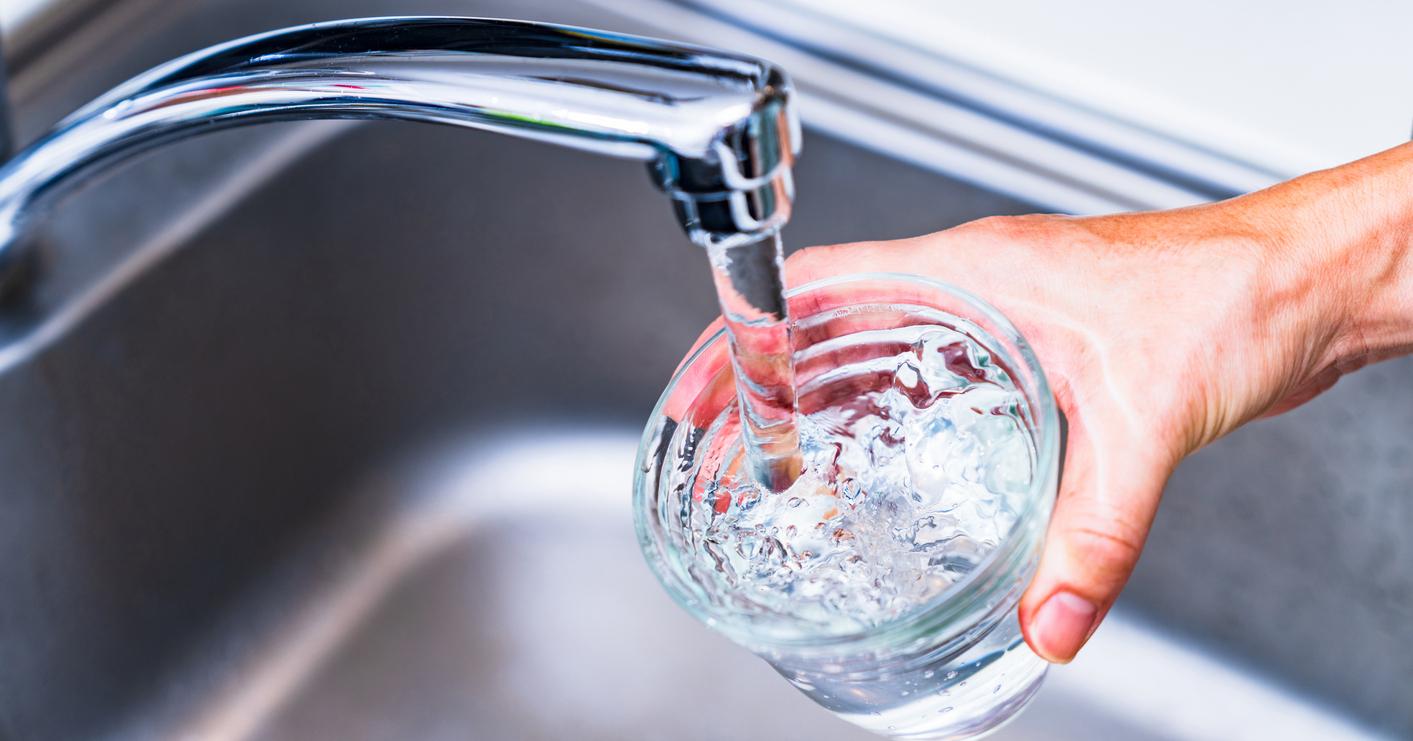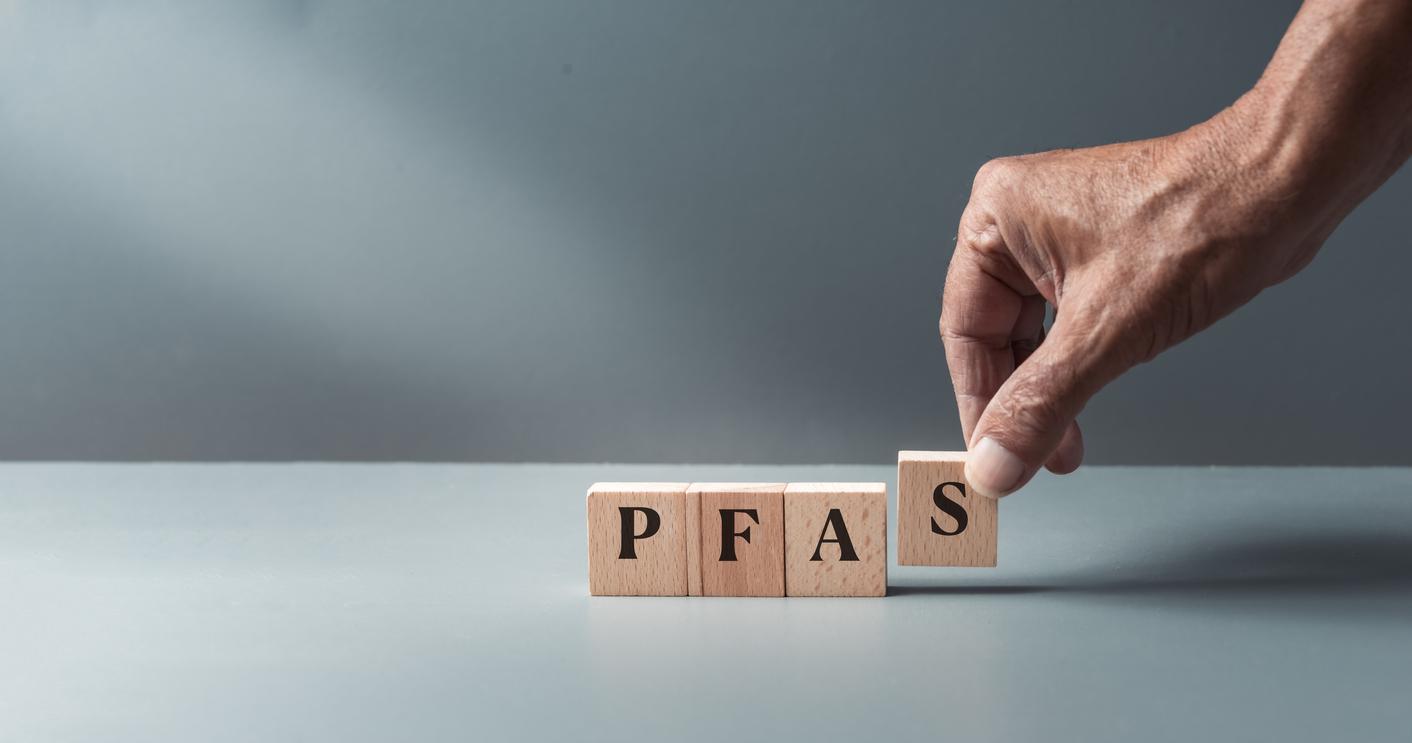The Senate voted to ban eternal pollutants, PFAS, in certain products such as clothing and cosmetics.

- As of 1 January 2026, the import, manufacture, export and placing on the market of textiles, cosmetics or wax products (for skis) containing PFAS should be prohibited.
- Two months after the National Assembly, the Senate voted on this text this Thursday, May 30.
- Changes have been made to the text, including the exclusion of technical textiles for industrial use from the ban on products containing PFAS.
After the National Assembly, the Senate also voted on Thursday, May 30, the environmental bill aimed at protecting the population from the risks associated with perfluoroalkyl and polyfluoroalkyl substances. These are eternal pollutants (PFAS) that are dangerous for the environment and human health.
PFAS banned in cosmetics and textiles
This text aims to prohibit, as of January 1, 2026, certain non-essential uses of products containing PFAS. However, in order to obtain a majority in the Senate and vote on this text, it had to be modified.
While the left wanted to ban PFAS in kitchen utensils, particularly frying pans, this measure was not adopted. Other proposals abandoned due to lack of a majority in the Senate: the inclusion of fire-fighting foams in the list of banned products and the mention of the presence of PFAS on the labels of the food products concerned.
As of January 1, 2026, the text therefore plans to prohibit the import, manufacture, export and placing on the market of textiles (except those technical for industrial use), cosmetics, or wax products (for skis) containing PFAS.
Eternal pollutants better controlled in bottled water
“Regional health agencies publish the program of analyses of perfluoroalkyl and polyfluoroalkyl substances in water intended for human consumption“, we can read in Article 2a of the proposed law. The senators added to it, via this amendmentthe following mention “and in particular bottled water intended for human consumption” In other words, the senators added PFAS control for bottled water. A measure following the Nestlé group’s contaminated water scandal.
Finally, the Senate did not modify the “polluter pays” tax, which had been voted on in the National Assembly. This provides that companies that release PFAS into the environment are taxed, in the form of a fee to be paid to water agencies, to finance the decontamination.
The text thus amended by the Senate should be examined again by the National Assembly, in second reading therefore, for final adoption before the end of 2024.
















